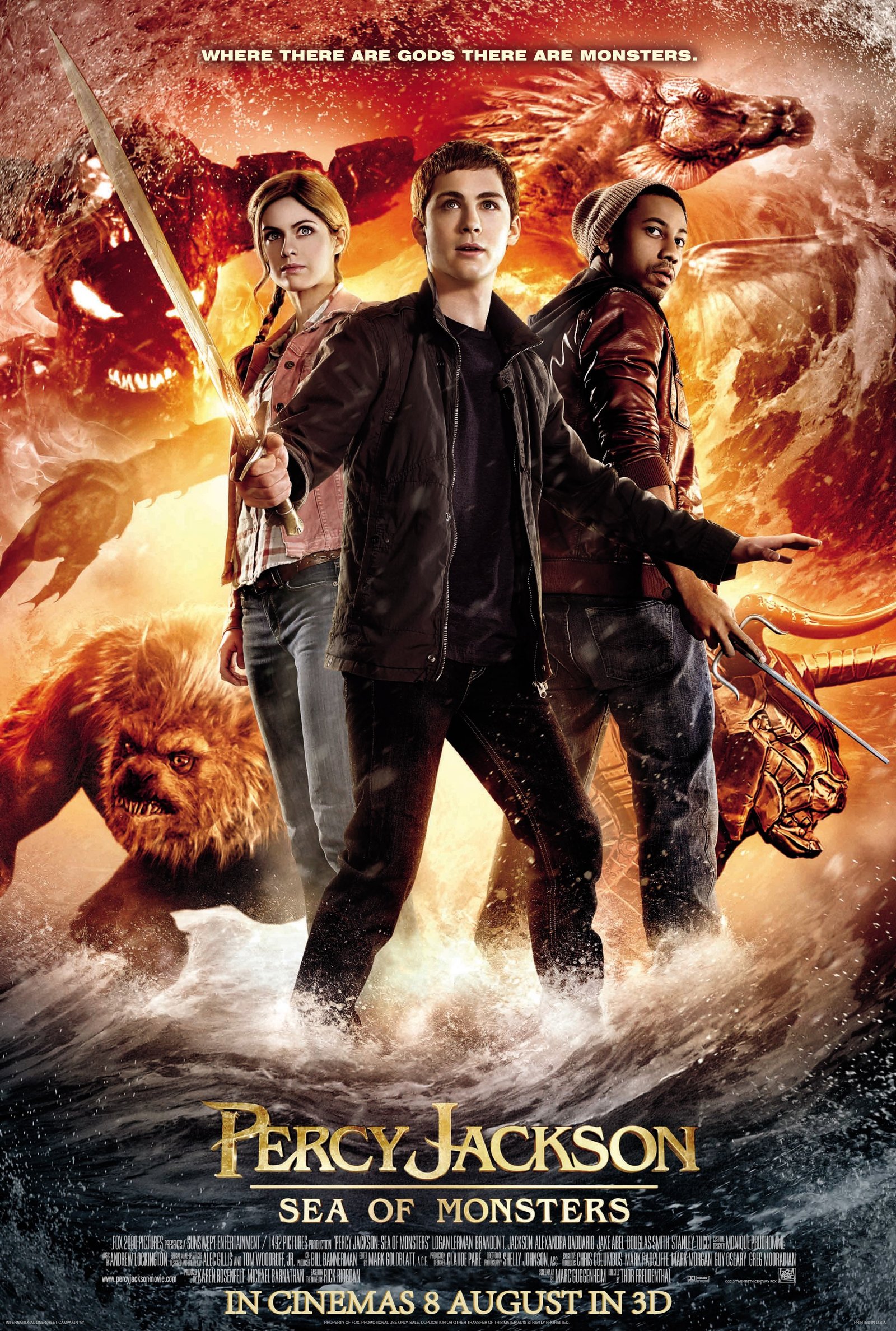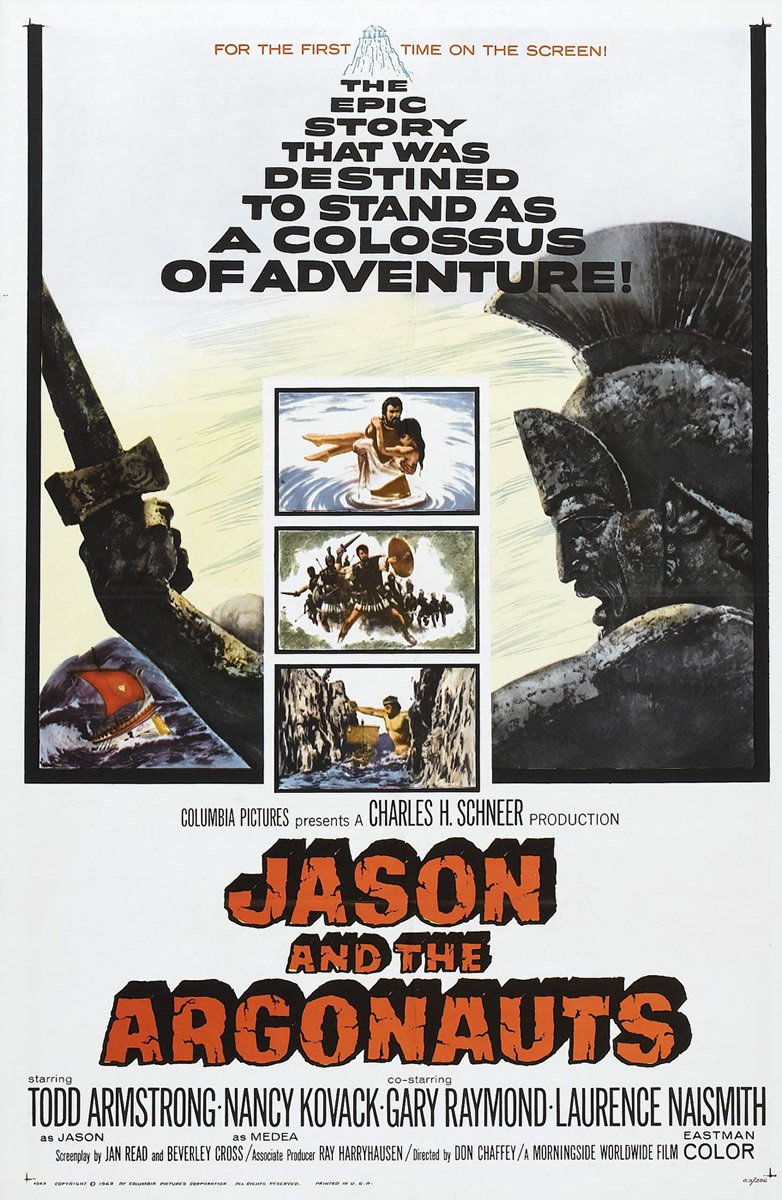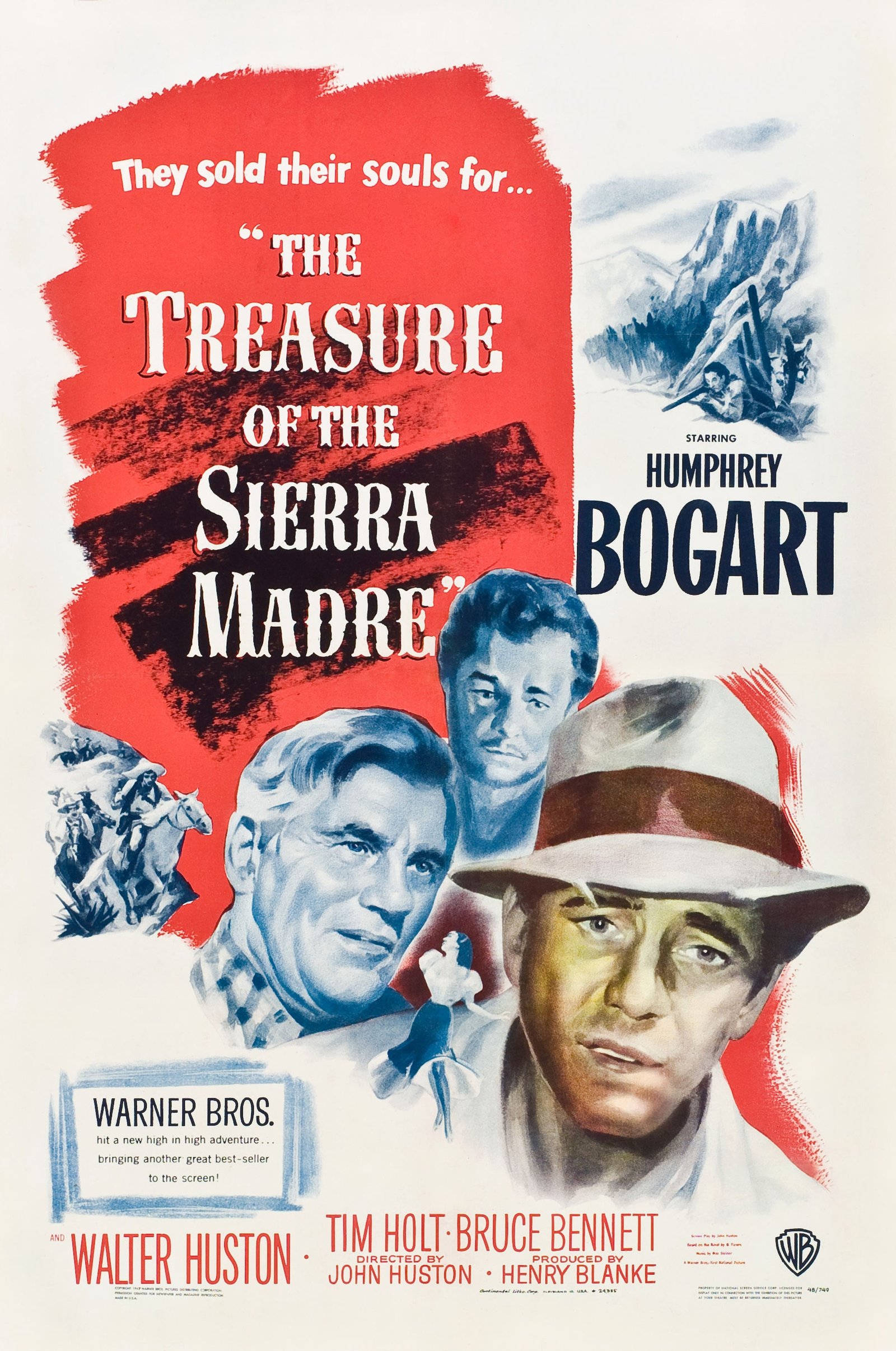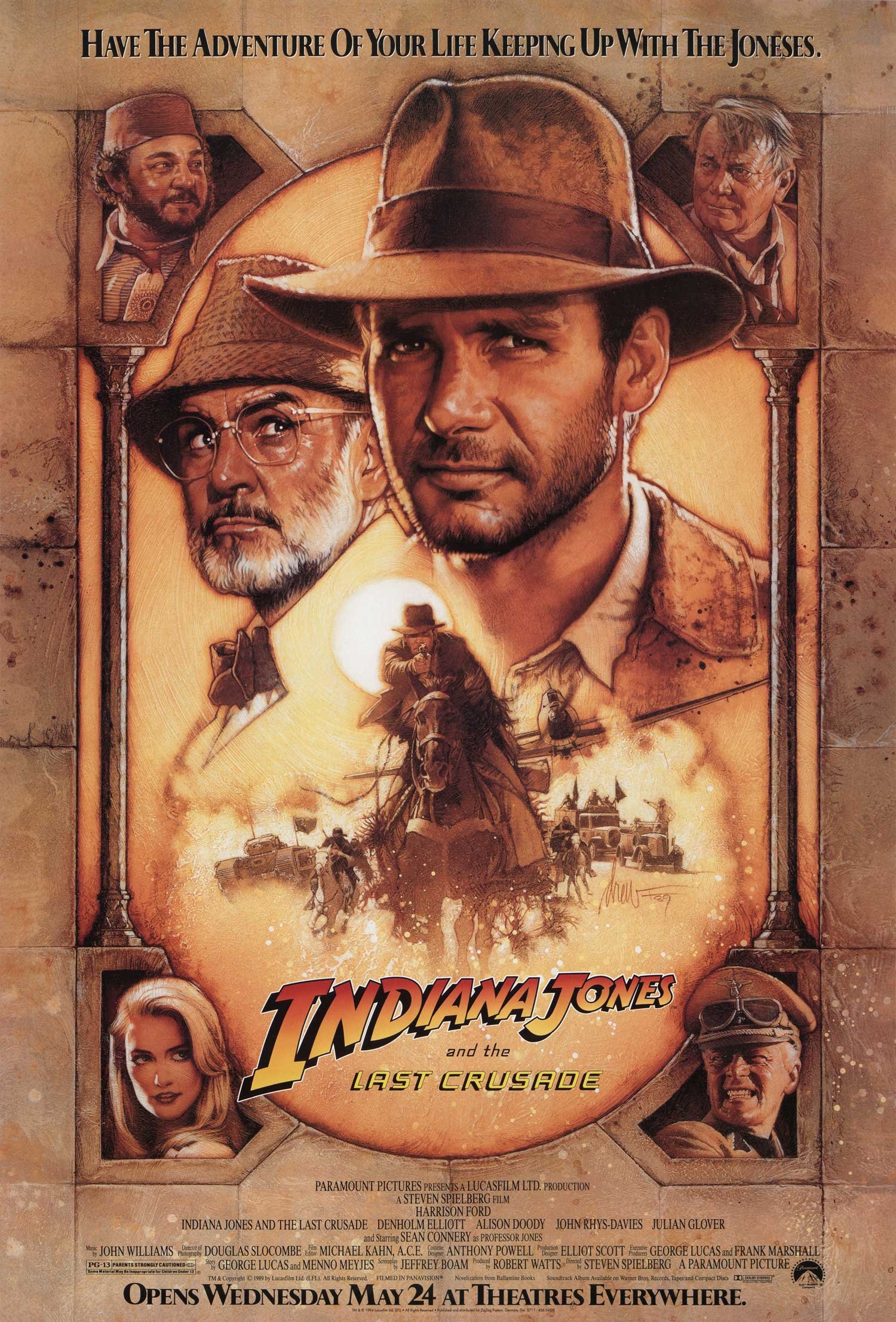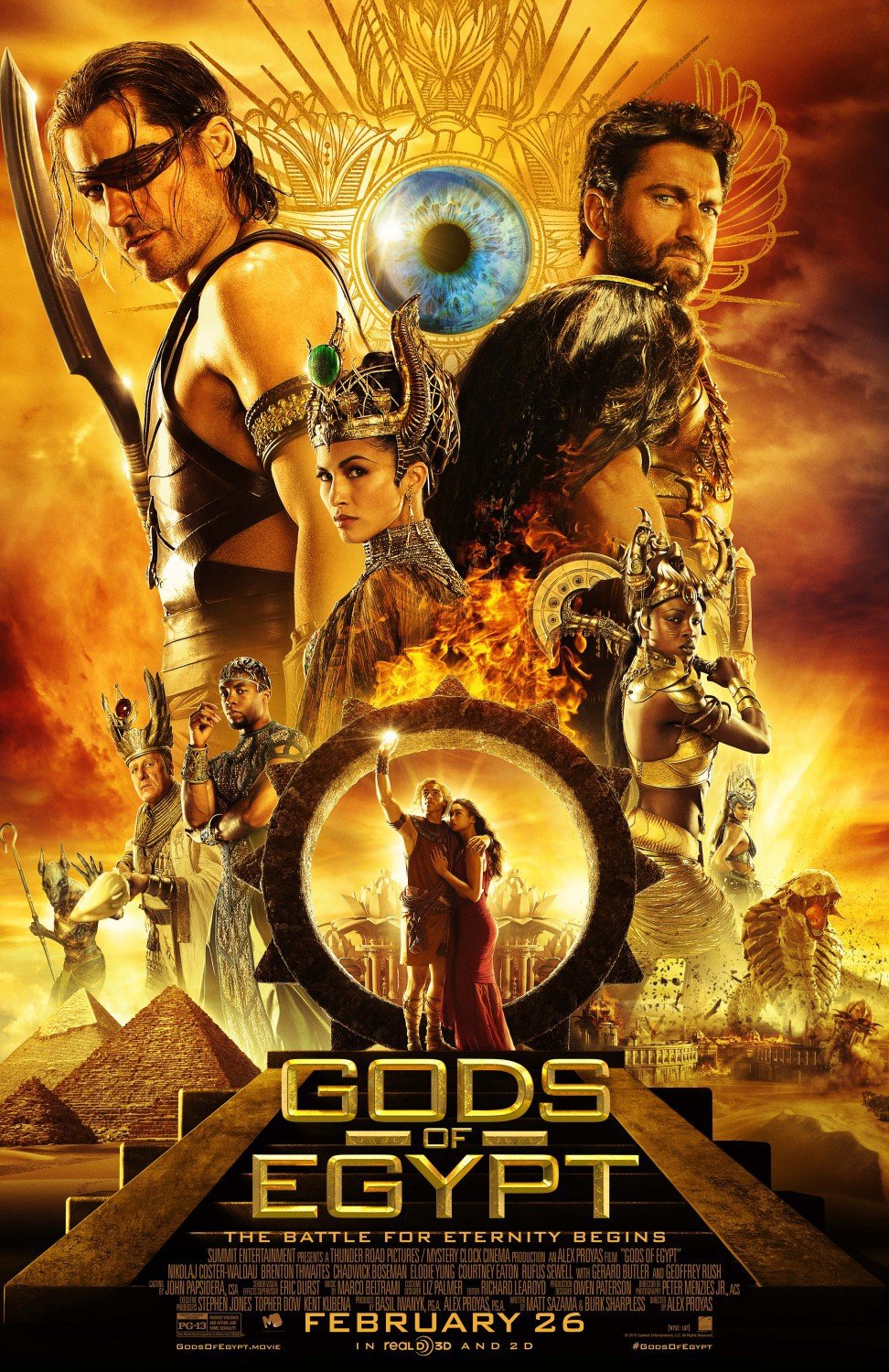Norse Mythology
Norse Mythology
artic
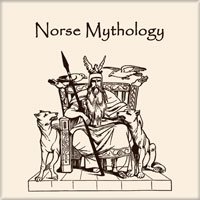
Norse mythology is the body of myths of the North Germanic peoples, stemming from Norse paganism and continuing after the Christianization of Scandinavia, and into the Scandinavian folklore of the modern period.
Norse mythology is the traditional belief system of the people of Scandinavia, which includes the myths, legends, and religious beliefs of the ancient Norse. Here are a few examples of famous myths from Norse mythology:
- The story of the creation of the world: According to Norse mythology, the world was created by the god, Odin, Vili and Ve. They created the world from the body of the giant Ymir.
- The story of Thor: Thor is the god of thunder and is known for his strength and courage. He is often depicted as a fierce warrior, wielding a powerful hammer.
- The story of Odin: Odin is the chief of the gods and is known as the All-Father. He is the god of wisdom, poetry, and war, and is often depicted as a one-eyed old man.
- The story of Loki: Loki is the trickster god of Norse mythology and is known for his cunning and wit. He is often depicted as a shape-shifter and is considered a bringer of chaos and mischief.
- The story of Ragnarok: Ragnarok is the end of the world in Norse mythology, where gods, giants and monsters will fight in a great battle that will ultimately lead to the death of many gods and the destruction of the world.
These myths, along with others, are used by the Norse people to explain the origins of their people and their customs and to reinforce their traditional beliefs and values. Norse mythology is polytheistic, with a pantheon of gods and goddesses, and it was an important aspect of the Norse religion.
Norse Mythology Legends

Egil, brother of Volund

Haki
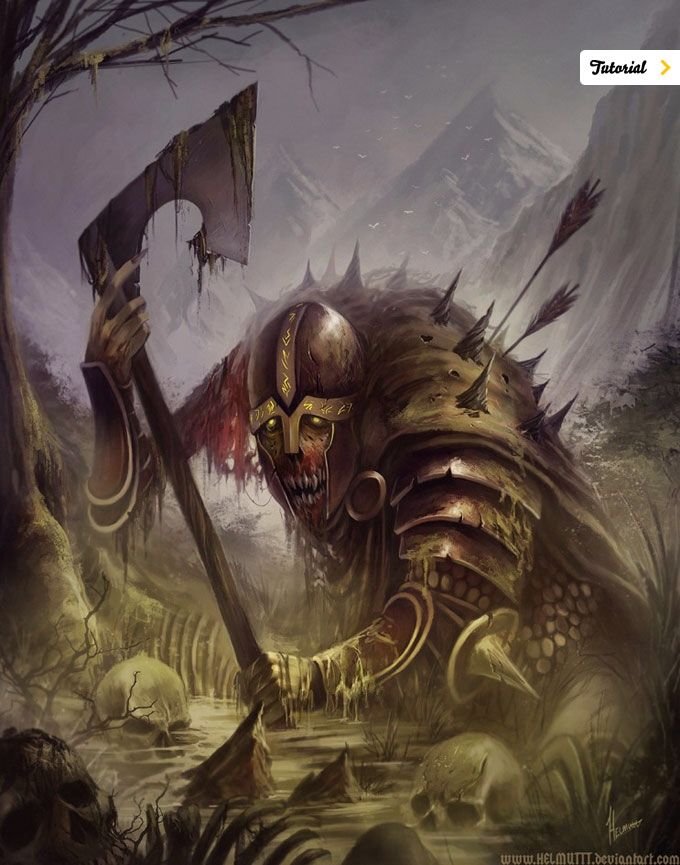
Einherjar

Gibica

Beowulf
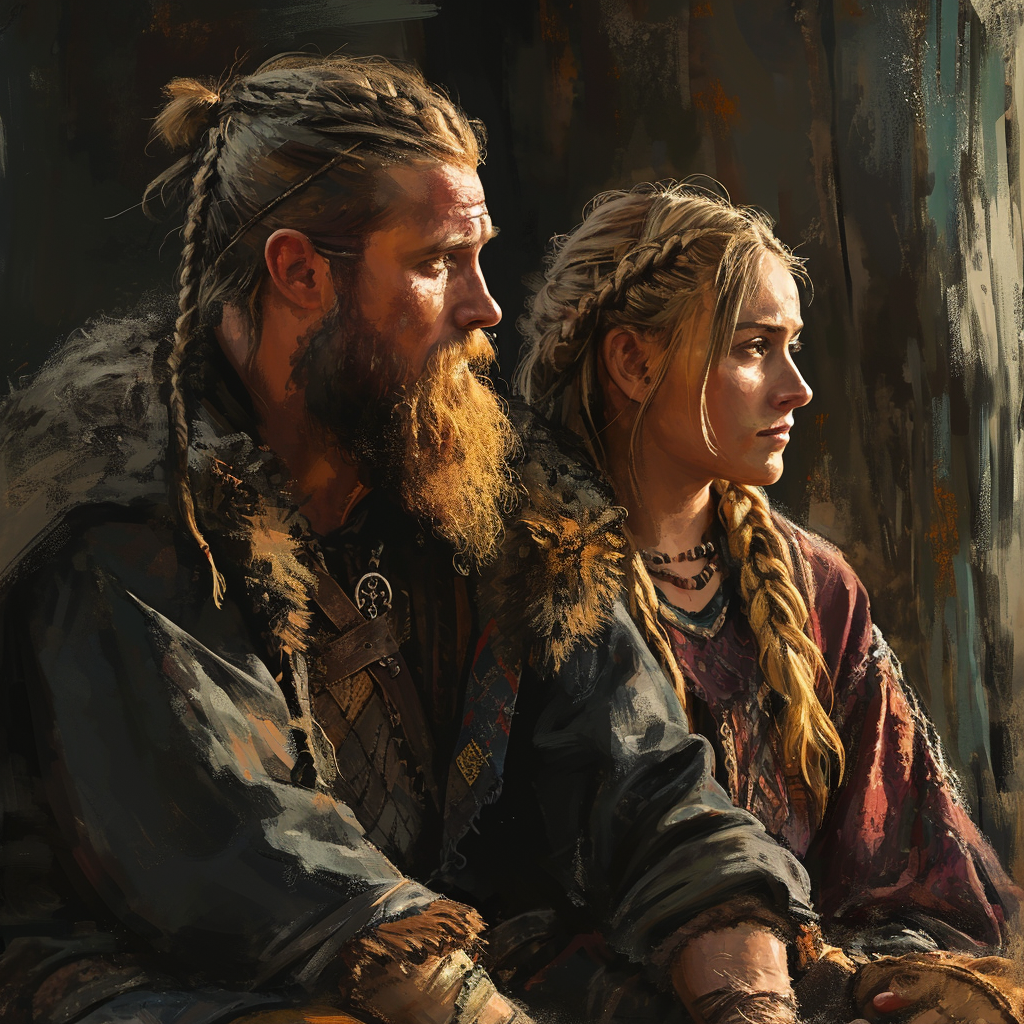
Hagbard and Signy
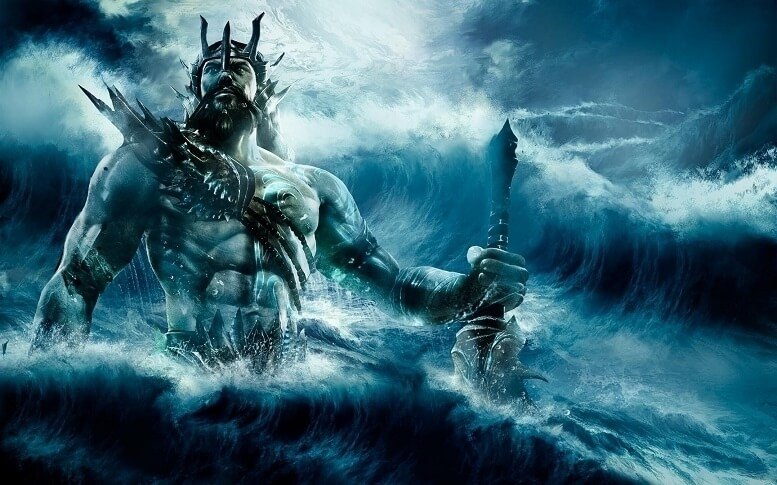
Njord
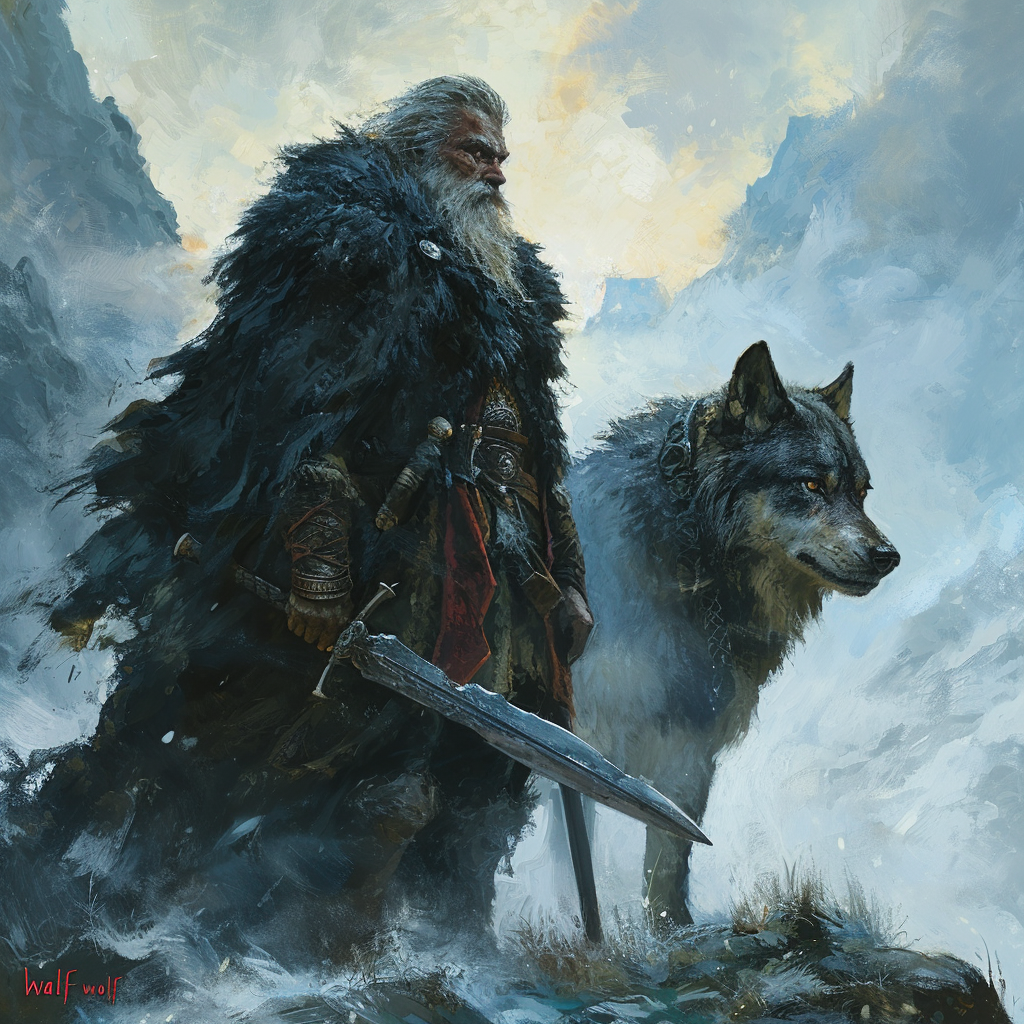
HildÃlfr

Odin

Angantyr the Berserker

Angantyr HÃfundsson

Frey
Norse Mythology in POP Culture

Thor
Two worlds. One hero.
The warrior Thor (Chris Hemsworth) is cast out of the fantastic realm of Asgard by his father Odin (Sir Anthony Hopkins) for his arrogance and sent to Earth to live amongst humans. Falling in love with scientist Jane Foster (Natalie Portman) teaches Thor much-needed lessons, and his new-found streng...

Thor: Ragnarok
No Hammer. No Problem.
Thor (Chris Hemsworth) is imprisoned on the other side of the universe and finds himself in a race against time to get back to Asgard to stop Ragnarök, the destruction of his homeworld and the end of Asgardian civilization, at the hands of an all-powerful new threat, the ruthless Hela (Cate Blanche...

Thor: The Dark World
There was darkness.
Thousands of years ago, a race of beings known as Dark Elves tried to send the universe into darkness by using a weapon known as the Aether. Warriors from Asgard stopped them, but their leader Malekith (Christopher Eccleston) escaped to wait for another opportunity. The warriors find the Aether, and...
Norse Mythology based games
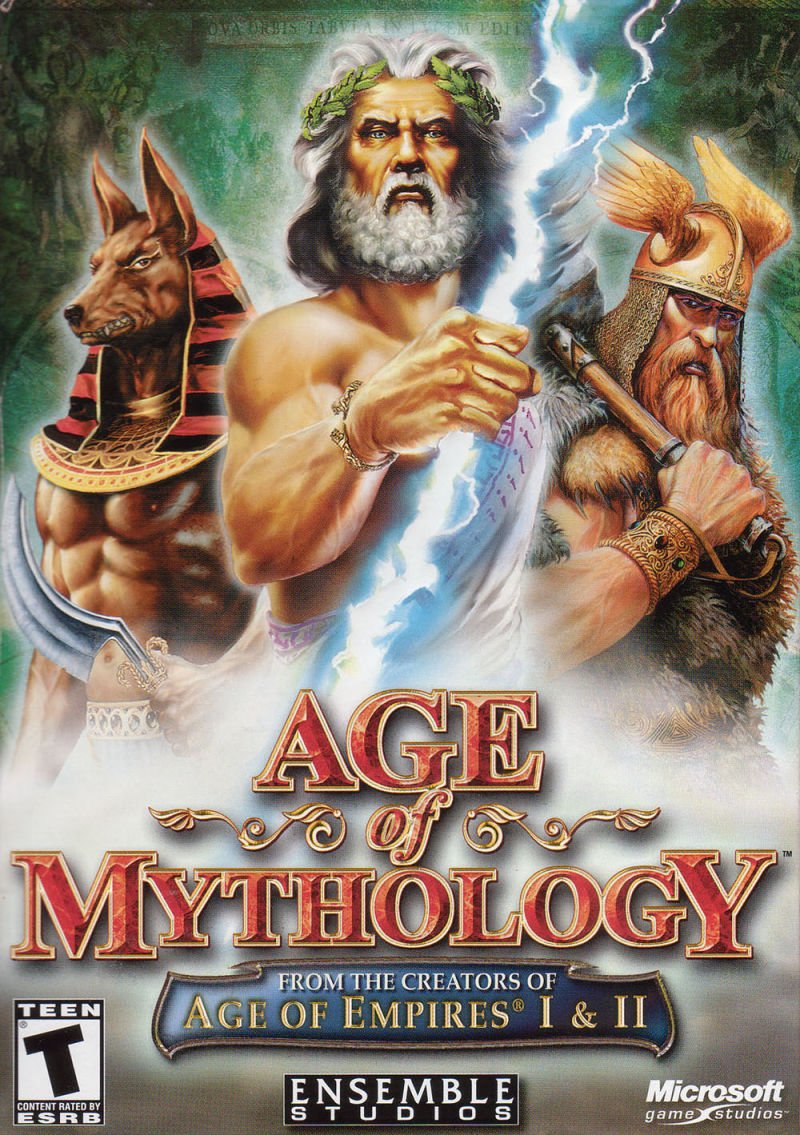
Age of Mythology
Release Date: 2002-10-01
Developer: Ensemble Studios
Publisher: Microsoft Game Studios
Platform: PC
Genre: Real-time strategy
Rating: 8

God of War
Release Date: 2018-04-20
Developer: Santa Monica Studio
Publisher: Sony Interactive Entertainment
Platform: PlayStation 4
Genre: Action-Adventure
Rating: 9

Bayonetta
Release Date: 2009-10-29
Developer: PlatinumGames
Publisher: Sega
Platform: PlayStation 3, Xbox 360, Wii U
Genre: Action
Rating: 8.5

Titan Quest
Release Date: 2006-06-26
Developer: Iron Lore Entertainment
Publisher: THQ
Platform: Microsoft Windows, Xbox 360
Genre: Action role-playing
Rating: 8
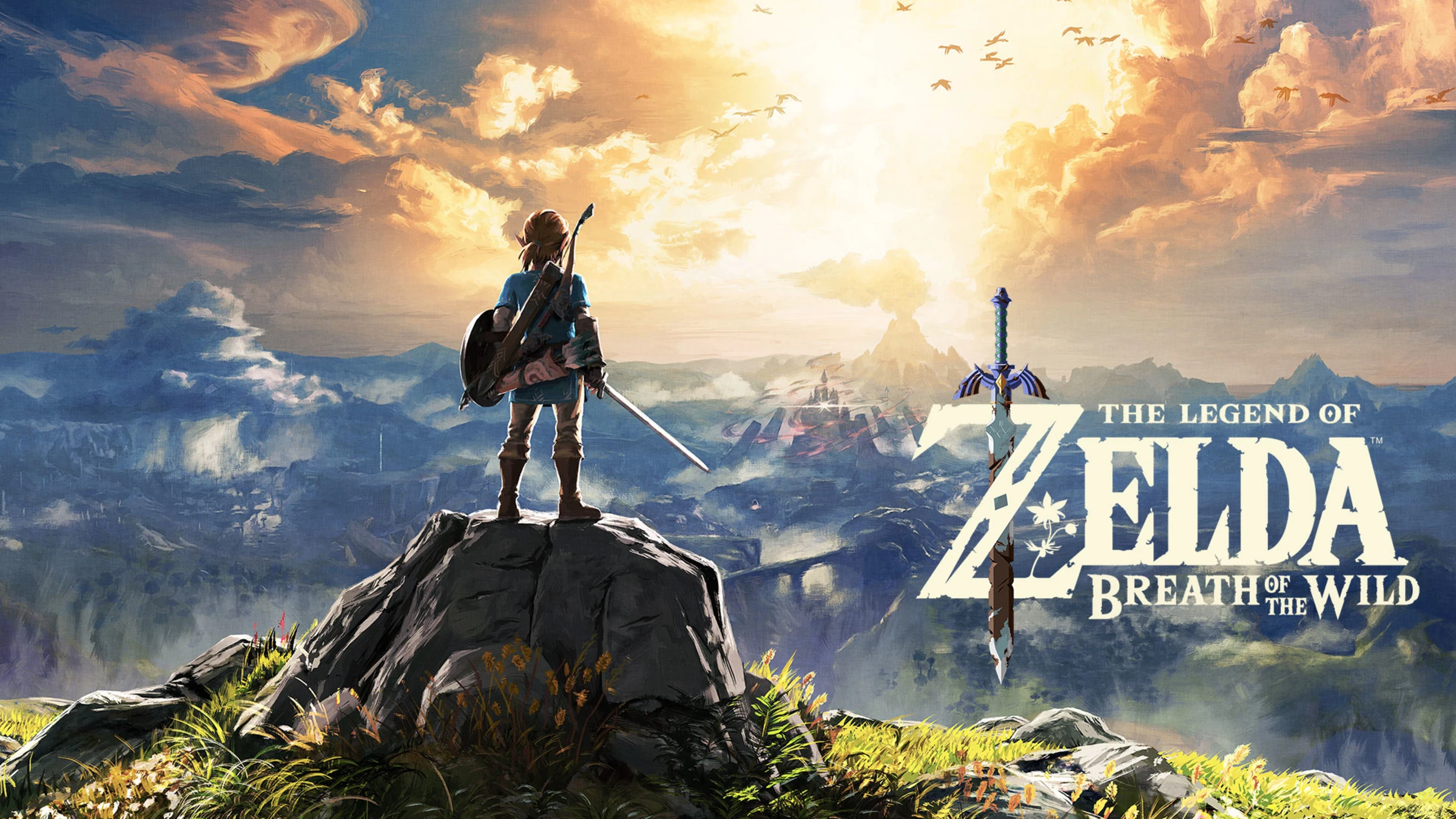
The Legend of Zelda: Breath of the Wild
Release Date: 2017-03-03
Developer: Nintendo EPD
Publisher: Nintendo
Platform: Nintendo Switch, Wii U
Genre: Action-adventure
Rating: 9.5

